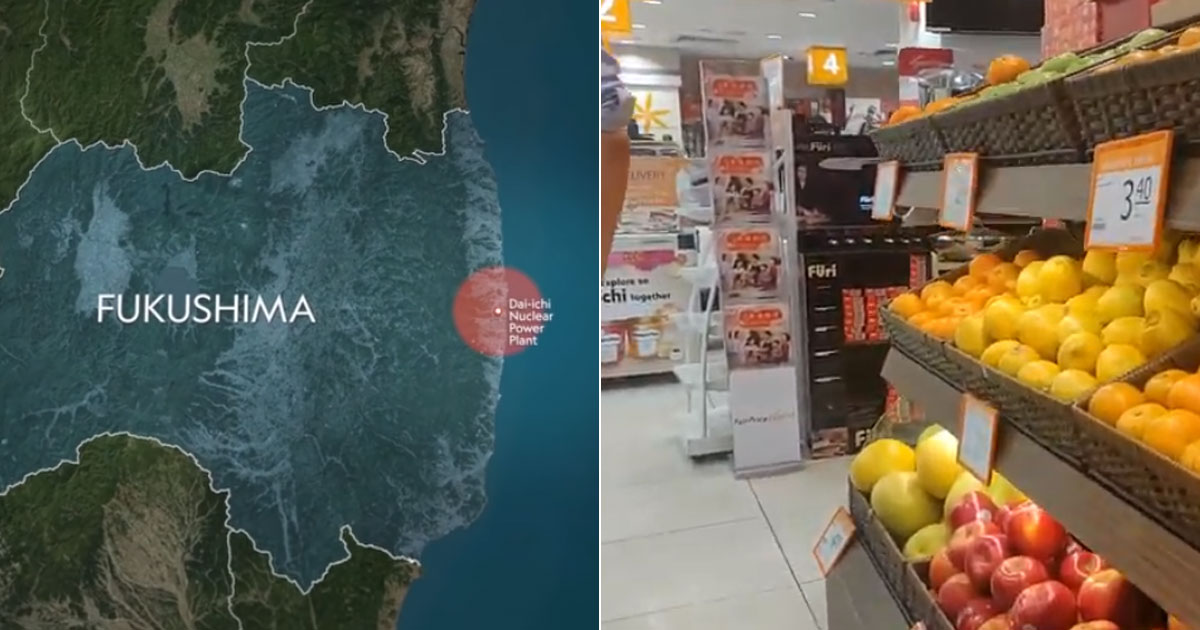Food products from Fukushima, Japan are allowed back for sale in Singapore.
Ban invoked in 2011
The ban on the import of all food items from the prefecture was lifted in January 2020 by the Singapore Food Agency (SFA), marking an end to the ban put in place since 2011.
That year, the Fukushima Daiichi nuclear power plant suffered meltdowns, leaking radioactive material into the air, soil and sea, after it was devastated by a tsunami and earthquake combo.
The predecessor of SFA, Agri-Food & Veterinary Authority (AVA), banned the import of some food products from 11 prefectures in Japan as a result of the accident.
Singapore monitoring food imports closely
The lifting of the ban will allow all food products from areas within the Fukushima prefecture and from the city of Fukushima to be imported into Singapore.
Agricultural exports, such as mushrooms, berries, and seafood, are the lifeblood of Fukushima.
Over the last decade, Singapore had also imposed a series of import controls on produce from Tokyo, Kanagawa and Shizuoka.
SFA said the import restrictions were lifted in line with its food safety assessments.
The agency in Singapore has been closely monitoring food imports from Japan over the years, it said.
In the past five years, SFA has not detected any radioactive contaminant in food imports from Japan.
As part of requirements, food products must be certified safe in a few ways.
The food products need to have a test certificate for radioactive contaminants to show that it meets safety standards, and a certificate of origin to identify the food products' prefecture of origin.
Food products from Japan form small proportion of food imports
According to a 2011 Singapore government statement, seafood imported from Japan in 2010 constituted less than 2 per cent of the total seafood imports by quantity.
The import of other food products from Japan was negligible at less than 0.5 per cent of Singapore's food imports.
In 2018, food imports from Japan made up less than 1 per cent of Singapore's total imports.
Imports from Fukushima prefecture made up less than 0.1 per cent of total food imports in the same year.
Do Singapore supermarkets carry food products from Fukushima?
It is not known to what extent supermarkets in Singapore sell foods from Fukushima.
The Straits Times asked multiple supermarkets such as FairPrice, Sheng Siong, Cold Storage and Giant, but they were coy in giving specific details or the extent of food products from Fukushiman being sold.
A FairPrice spokesman only said that they do stock some candy products that were specially brought in for festive promotions at selected stores.
If in doubt, consumers can ask the retail staff in these supermarkets for clarifications on the basis of consumers' right to know.
Top photo via
If you like what you read, follow us on Facebook, Instagram, Twitter and Telegram to get the latest updates.
